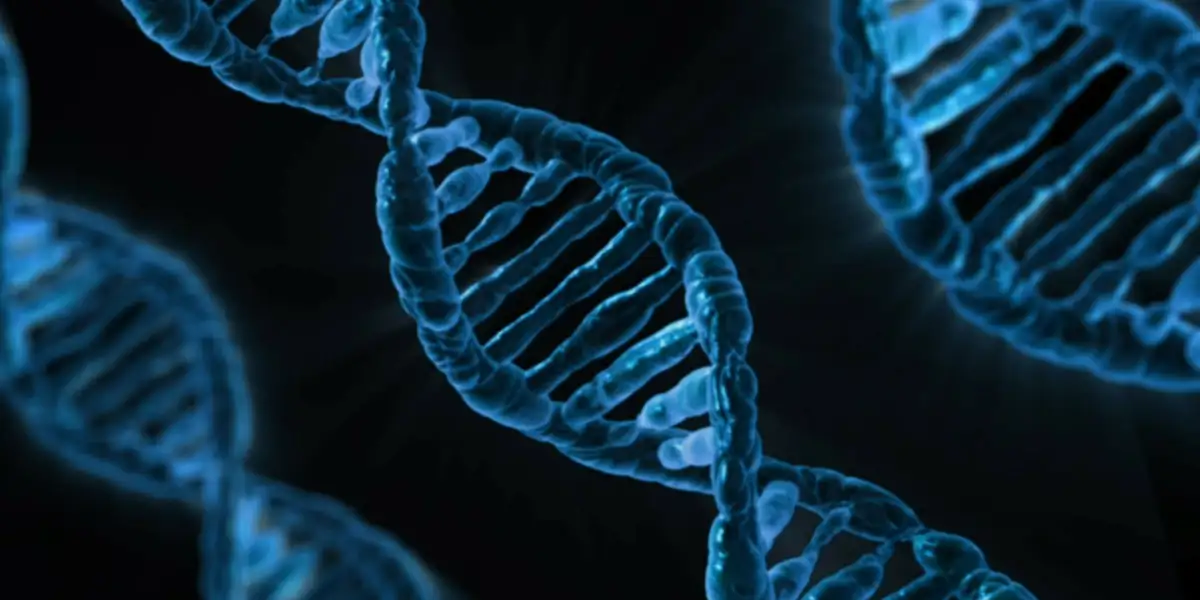ISLAMABAD, August 12(ABC): That’s according to a new studyTrusted Source conducted by the U.S. Department of Veteran’s Affairs (VA) and published today in the Journal of the American Medical Association.
In it, researchers report that pharmacogenetic testing might help medical professionals by providing helpful information on how a person metabolizes a medication. This information can help doctors and others avoid prescribing antidepressants that could produce undesirable outcomes.
Depression medication is sometimes determined through trial and error to find the best drug and dosage. The researchers say they hope genetic testing can minimize this by giving insight into how a person may metabolize a drug.
Researchers said genetic testing did not show how a person would react to a particular medication but instead looked at how a person metabolized a drug. A drug-gene interaction is an association between a drug and a generic variation that may impact a person’s response to that drug. Learning more about drug-gene interactions could potentially provide information on whether to prescribe medication and whether a dosage adjustment is needed.
In the study, around 2,000 people from 22 VA medical centers diagnosed with clinical depression received medications to treat their symptoms. The participants were randomized, with one-half receiving usual care and one-half undergoing pharmacogenetic testing.
For those that received usual care, doctors prescribed medication without the benefit of seeing a genetic testing result. The researchers found that 59 percent of the patients whose doctors received the genetic testing results used medications with no drug-gene interaction. Only 26 percent of the control group received drugs with no drug-gene interaction.
The researchers said the findings show that doctors avoided medications with a predicted drug-gene interaction.
“Most often, patients get tested after at least one or two drugs haven’t worked or they had severe side effects,” said Dr. David A. Merrill, a psychiatrist and director of the Pacific Neuroscience Institute’s Pacific Brain Health Center at Providence Saint John’s Health Center in California. “There are real genetically driven differences in how people metabolize drugs. It helps select more tolerable options to know about their genetics ahead of time.”
Researchers interviewed participants about their depression symptoms at 12 weeks and 24 weeks.
Through 12 weeks, the participants who had genetic testing were more likely to have depression remission than those in the control group.
At 24 weeks, the outcome was not as pronounced. The researchers said this showed that genetic testing could relieve depressive symptoms faster than if a person did not receive the testing.
What experts think
There is a place for pharmacogenetic testing when treating people with depression, according to Dr; Alex Dimitriu, an expert in psychiatry and sleep medicine and founder of Menlo Park Psychiatry & Sleep Medicine in California and BrainfoodMD.
Some situations that might call for genetic testing include treatment-resistant depression and more complex cases.
“It tells me if someone will either rapidly or slowly metabolize a drug – meaning the level of the drug will either be too low or too high depending on the person’s metabolism,” Dimitriu told Healthline. “I have used it in a few rare cases to see what options remain.”
“To me, more important than pharmacogenetic testing is watching the symptoms and response in my patients,” he continued. “I see my patients often, especially when starting a new medicine, and we can go slow and watch how the patient is doing. If you start at a low dose and raise the dose slowly, with good monitoring and charting, you can readily see who responds too fast or too slow and at what dose.”
Some doctors don’t think the science is there yet and aren’t going to rush into using pharmacogenetic testing based on this study.
“I used pharmacogenetic testing about ten years ago and the science is accurate. It tells you the person’s genetic makeup,” said Dr. Ernest Rasyida, a psychiatrist at Providence St. Joseph’s Hospital.
“From a scientific point of view,” he told Healthline, “this was a great study. It showed that the doctor used the data 60 percent of the time. That means that the doctor looked at the data and the medications in the ‘green zone’ and chose not to use them for side effects or other reasons. Instead, they chose a drug in the ‘red zone’ because of their clinical experience.
“I would argue that if 40 percent of the time you are going to use your judgment – and you should use your judgment – then why get the test?” he concluded.
In addition to depression, pharmacogenetic testing can also be used in the treatment of other non-mental health conditions, such as cancer and heart disease.
Experts say there is no risk to the patient when getting the test and the researchers said they believe it will likely benefit some patients substantially.
“Pharmacogenetic results are well-known and have been for years, but the clinical practice of medicine is very conservative, so it takes a long time for clearly beneficial changes to become common practice,” Merrill told Healthline. “If 15 to 20 percent of patients started on a new drug can avoid a major gene-drug interaction by knowing their results, doing the test seems like a no-brainer to me.”
Sign in
Welcome! Log into your account
Forgot your password? Get help
Password recovery
Recover your password
A password will be e-mailed to you.

